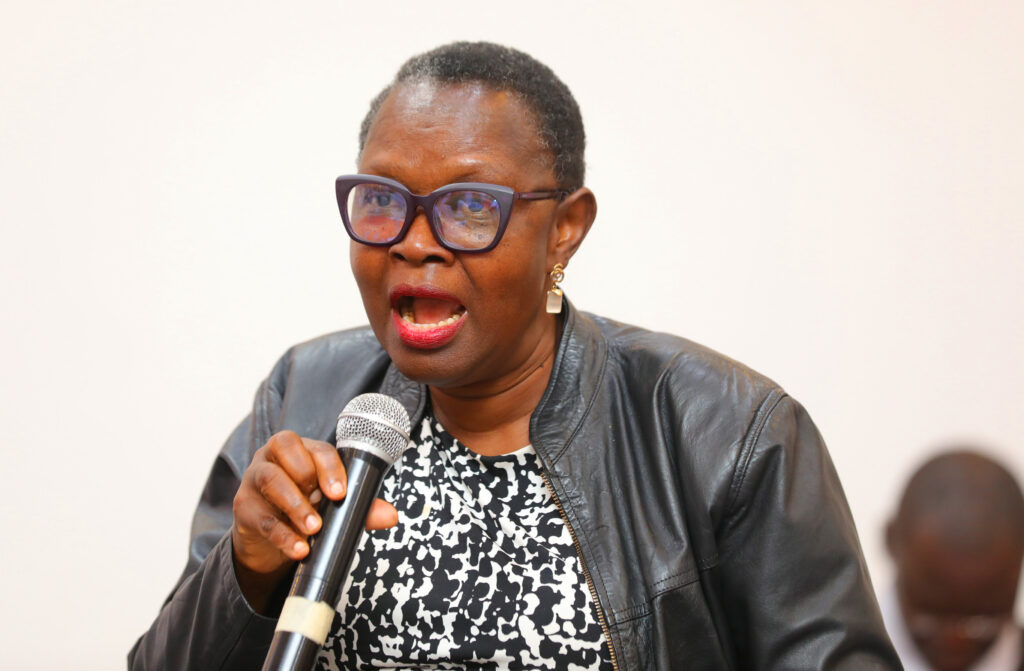The media industry is facing a mounting mental health crisis, with an increasing number of journalists reporting struggles with stress, trauma, and burnout.
This alarming trend has sparked calls for urgent interventions to safeguard the well-being of media professionals.
At the 2nd Annual Media/CSOs Conference hosted by the Kenya Correspondents Association (KCA) in partnership with the Civic Freedom Forum, mental health emerged as a central concern.
Experts, journalists, and advocates gathered to address the challenges posed by demanding work conditions, exposure to traumatic events, and the high-pressure nature of the profession.
Journalists in the frontline
KCA’s Program Director, Oloo Janak, emphasized the unique challenges journalists face, noting: “Journalists are often on the frontlines, covering everything from natural disasters to human rights abuses. They witness unimaginable events, and we must recognize the impact this has on their mental well-being.”
Throughout the conference, stakeholders stressed the urgent need for policies and systems to support journalists’ mental health. Proposed solutions included trauma management training, establishing peer support networks, and implementing mental health policies in media houses. Participants also urged organizations to invest in counseling services and adopt safer reporting protocols.

Eunice Olawo, a psychosocial trainer at the International Research and Exchange Board (IREX), shed light on the often-overlooked trauma journalists endure:
“Whenever anything traumatic happens in the country, journalists and social communicators are the first on the scene. They capture the best of the worst images, then sift through them to find what to send to the editor,” said Olawo.
She added; “No one considers the emotional toll this process takes. They carry this trauma home and are expected to continue as if nothing happened. In Kenya, we also face political trauma every five years.”
‘Whenever anything traumatic happens in the country, journalists and social communicators are the first on the scene. They capture the best of the worst images, then sift through them to find what to send to the editor’-eunice olawo
Salima Njoki Macharia, a psychosocial expert from Inuka Kenya underscored the broader implications of this crisis:
“Journalists’ mental health is not just a personal issue; it impacts the quality of news delivered to the public. When journalists are overwhelmed, their ability to cover stories objectively and in-depth is compromised, affecting us all,” she said.
The conference provided a platform for journalists to share personal stories of stress, anxiety, and burnout, with many recounting how the stigma surrounding mental health prevents them from seeking help.
Ignatius Openje, a journalist with the Standard Media Group, recounted his harrowing experience covering a gruesome incident involving unidentified bodies dumped at a quarry. He called for immediate action:
“We need to rethink how we tackle mental health among journalists. It is an urgent matter,” he said.
Industry advocates believe that addressing mental health will not only improve journalists’ well-being but also enhance the quality of reporting across the country.
As conversations continue, there is hope that media houses and policymakers will take meaningful steps to prioritize mental health.
One journalist at the conference captured the urgency succinctly: “It’s time for the industry to acknowledge that mental health is an issue that can no longer be ignored. We need support, and we need it now.”
